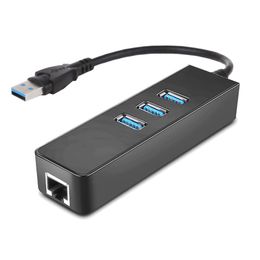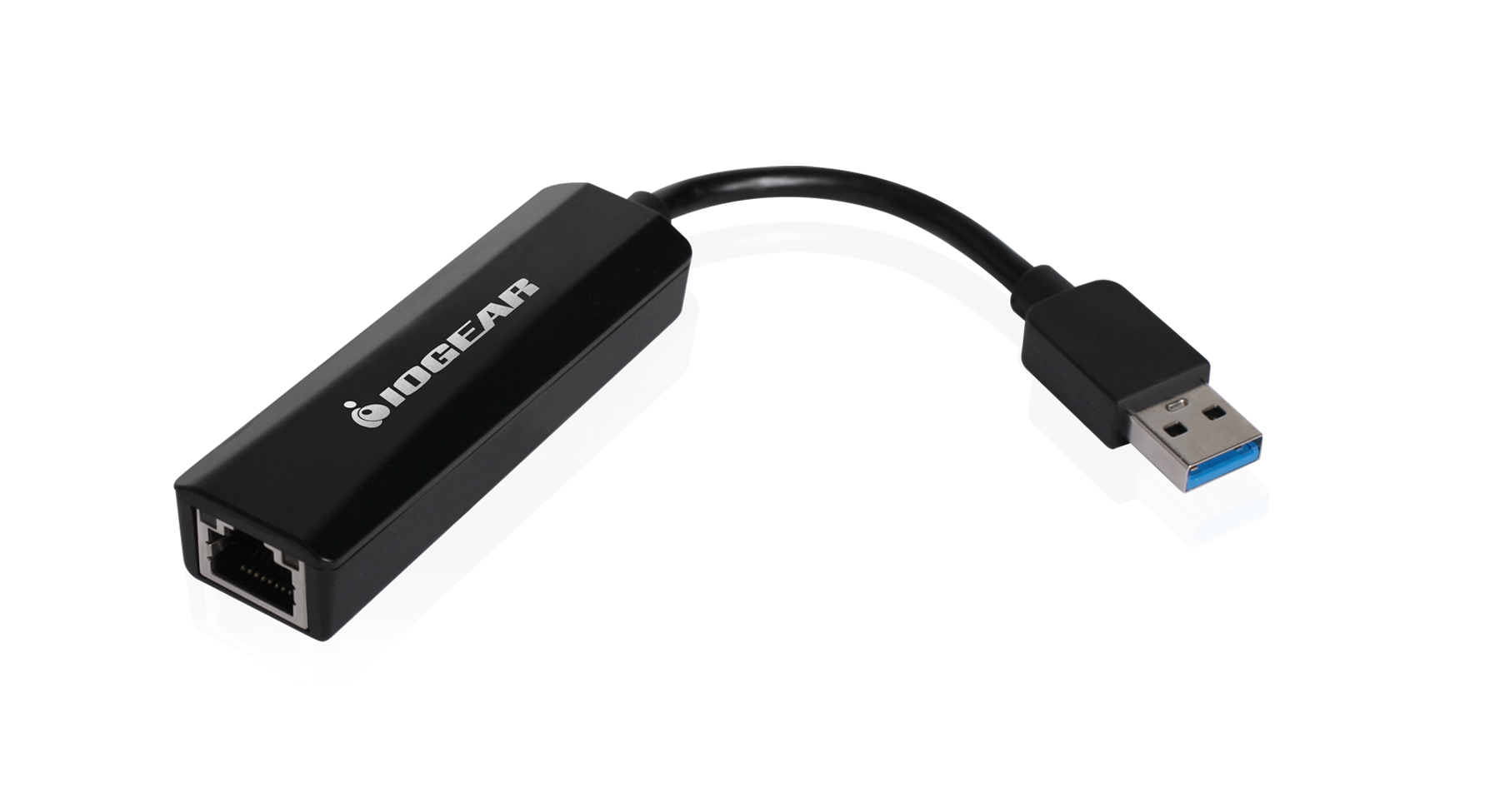Usb Ethernet Adapter Linux Install
I've got a server running CentOS 5.3 (Final; kernel version 2.6.18) which I need to add a 2nd NIC to, initially temporarily, but eventually permanently. I'm not familiar with installing drivers under Linux and have only used system-config-network-tui and editing config files (we have no version of X installed) to configure the built-in ethernet adapter. I found a few notes. We're an Apple shop, so we have plenty and that'll do for the short term while we track down a better PCI-X ethernet adapter for this server. So, I downloaded & installed ( make and make install) the. After plugging in the Apple USB Ethernet adapter, it does show in the results of lsusb, but does not show in the options when I run system-config-network-tui. The.ko file that was compiled & installed was 'asix.ko' and if I run lsmod grep asix, I get the following: asix 82176 0 mii 38849 1 asix So, does that the kernel module is correctly installed & loaded?
USB 2.0 Ethernet Adapter 10/100Mbps Adapter for Android/Windows/Linux/Mac OS. Procedure on how to Install USB Wireless Adapter in Windows 7. Plugable USB 3.0 Gigabit Ethernet Adapter.


- Install the Linux. e1000e base driver for Intel® Gigabit Ethernet Network Connection. The Linux. e1000e driver supports PCI Express. Gigabit Network Connections except the 82575, 82576, 82580, I350, I354, and I210/I211. For information concerning driver configuration details, refer to the Read Me file in the Download Center.
- Jan 03, 2017 Ugreen USB 2.0 OTG to RJ45 Ethernet Network Adapter 10/100Mbps LAN Wired Support Android, Windows Tablets with Micro-USB and Wii, WII U, Windows 108.1 8 7 XP Vista,Mac OS X, Linux, Chrome OS, Black It has the 'ASIX Electronics Corp. AX88772' chipset.
Do I need to alias 'eth2' ('eth0' is the built-in ethernet and 'eth1' is listed in system-config-network-tui as 'skge', but is definitely not what I just plugged in) to 'asix' in /etc/modules.conf as? What other steps might I be missing? Of note: I do now see a 'dev23116' network interface when I run ifconfig -a that wasn't there before I installed the drivers. Is that the USB ethernet adapter?
If so, do I alias that or use that as the interface's device in system-config-network-tui? So, the 'devXXXXX' interface was generated whenever I plugged in the Apple USB Ethernet adapter (and went away when unplugged), but it changed, so I don't expect it to have the same device name after a reboot.
I think it uses asix driver from elrepo. You sound unsure. So have a look at the output returned by a /sbin/lsusb command with the device connected and then with it not connected. The difference will be a line that shows the Vendor:Device ID Pairing (the fingerprint) for the device.
Usb To Ethernet Network Adapter
Look up that fingerprint on the 's page. If you find it listed, then the you require will be specified. Now consider the output returned by uname -rmi. What is your architecture? What is your kernel type? Only when you have gathered together all that information will you be ready to download the correct package (using a system with an Internet connection) and then transfer it to your Mac Mini using the classic. Installation will be just an rpm -Uvh kmod-.rpm command.
Once installed and with the device connected to a USB port, execute system-config-network. You should be able to find the device in the hardware list and then configure it accordingly. One question.
Why do you specify eth1? Code: ajb@stxsl $ grep -i 05ac /lib/modules/./modules.alias grep -i 1402 ajb@stxsl $ That confirms there is no driver suitable within the distributed kernel.
And I agree that there is nothing available from the. Undeterred, I then checked at my favourite only to find that currently there isn't a Linux driver available for that USB device. I can only offer two suggestions. Either (1) use a different device or (2) become familiar with the and submit details of the USB adaptor to the section. Sorry but there's nothing that neither my colleagues ( at the ELRepo Project ) not I can do to help.
Usb Ethernet Adapter Walmart
I found a few websites that state the device uses asix driver. Fedora and few other distros pick it up the device by default. Any way I can use the driver fedora uses? Thank you for that information. I shall peruse those links as soon as time permits. Let me see what I can find out.
Perhaps, with a little help from someone who has access to a Fedora system ( toracat, Scott, whn, perhaps? ) and is able to double-grep for the device fingerprint, I might be able to come up with something. This will take a while. Would three days be acceptable? And I do not guarantee a positive outcome. AlanBartlett wrote: This will take a while. Would three days be acceptable?
And I do not guarantee a positive outcome. I can't complain I will try to put F12 on it and get the device info for you. I've been trying to put linux on this thing for the past week and have tried 6 distros! All of them had either bootloader issues or did not detect usb ethernet. Since there is no bios it is very picky on how it boots. Debian, Ubuntu, Fedora detected the usb device but would not boot. All use grub2 and beyond my scope to trouble shoot.
Learn hindi through tamil free. Learn hindi through tamil • 1.
CentOS boots perfectly but no usb ethernet.